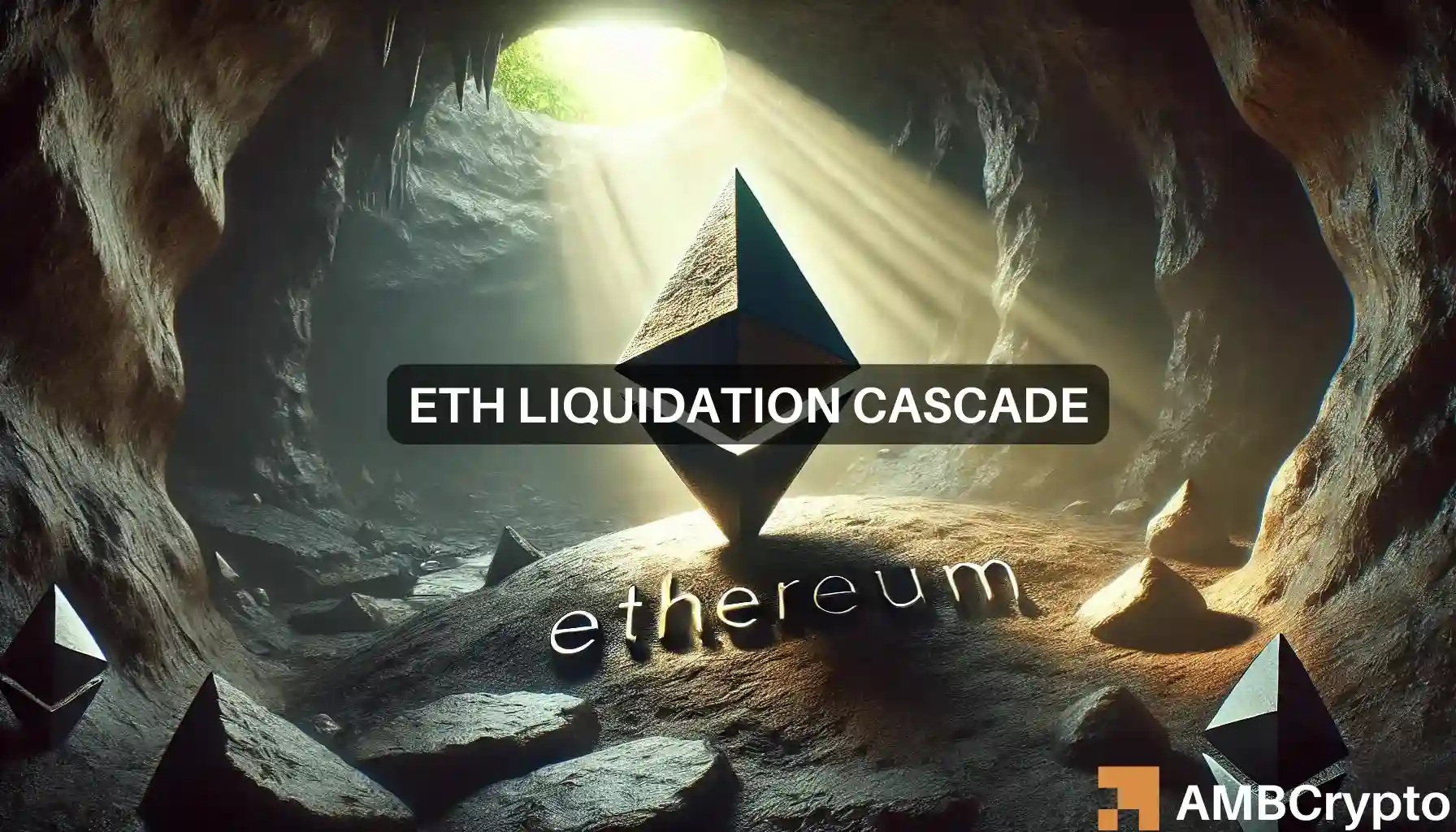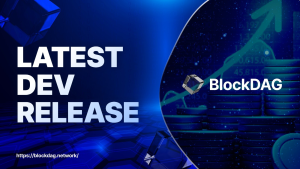David Sacks Net Worth: How Did PayPal Co-Founder and ‘All-In’ Podcast Host Make His Fortune?
An accomplished entrepreneur and angel investor, David Sacks doesn’t disclose the exact figures of his wealth. Despite him being a member of the “PayPal Mafia” and one of the most affluent Silicon Valley tech moguls, Sacks’ net worth feels like it’s a closely guarded secret, as none of the known billionaire trackers seem to list his name. Various sources estimate his net worth in quite a broad range, suggesting that it could be anywhere from hundreds of millions to potentially a couple billion dollars.
That being said, the secrecy of Sacks’ wealth won't preclude us from scrutinizing closely his entrepreneurial journey, possible income streams, political affiliation, and controversies. So if you’re curious to learn more about the member of the “All-In” crew, one of the richest podcast groups out there, read on!
Early life and education
David Oliver Sacks was born on May 25, 1972, in Cape Town, South Africa, to a Jewish family. He emigrated to Tennessee, United States, with his parents when he was five years old and attended an all-boy Memphis University School. After high school, he went to get his BA in Economics at Stanford University, graduating in 1994. Four years later, he scored another academic achievement, obtaining a Juris Doctorate degree from the University of Chicago Law School.
Sacks’ family has always been reasonably affluent thanks to his father’s career as an endocrinologist, but the future entrepreneur didn’t want to follow in his footsteps. Instead, David Sacks took inspiration from his grandfather’s entrepreneurial journey as a candy factory owner in the 1920s, envisioning a similar path for himself. The solid groundwork for such pursuits has already been laid by his prestigious degrees, opening to the young entrepreneur-hopeful the doors to the most lucrative networking opportunities and business deals.
Co-founding PayPal
Fresh out of law school, David Sacks took an offer as a management consultant from McKinsey & Company but quit after just one year to join a newly founded e-commerce startup Confinity as the product leader, working alongside Peter Thiel, Luke Nosek, and Max Levchin. The company was initially conceived as a security software provider for hand-held devices such as Palm Pilots, the predecessors of modern smartphones. However, this business model failed to take off, so Confinity instead went to create an email money framework, which later became known internationally as PayPal.
As a product leader, Sacks was the driving force behind the pivot, persuading reluctant Levchin to give “email money” a try. After being promoted to the role of COO, Sacks oversaw the company's product management and design, business development, sales and marketing, customer service, and human resources, as PayPal bulldozered its way through competition, positioning itself as a major player in the online payments industry. In 2002, after a successful merger with Elon Musk’s online payments company X.com, PayPal went public through an IPO under the ticker PYPL at $13 per share.
The group of PayPal’s founders and early employees has remained connected as a tight-knit social and business community, earning them the title of “PayPal Mafia.” The moniker gained traction as many members readily embraced it (David Sacks currently has “PayPal Mafia” listed as a job description on LinkedIn under his years at the company). The bonds fostered between young entrepreneurs during their formative years at PayPal later led to numerous business collaborations and joint ventures, setting for life virtually all members and probably their descendants for several generations ahead.
Other notable ventures
As mentioned, most PayPal alumni later went on to found other successful companies, and David Sacks is no exception from the rule. In 2008, Sacks launched enterprise collaboration startup Yammer together with Adam Pisoni, a fellow co-founder from another successful venture, a genealogy website Geni.com. Having started as an internal feature for Geni.com, Yammer soon became one of the fastest-growing SaaS startups in history, hitting 8 million users in the first four years and seeing its rapid success acknowledged with the grand prize at the TechCrunch50 conference. In 2012, the company was acquired by Microsoft for $1.2 billion, making it one of the fastest unicorn exits in SaaS.
In 2017, Sacks co-founded Craft Ventures, a VC firm that makes investments in early-stage SaaS and marketplace startups. The company raised $1.32 billion in fresh capital across its two funds, bringing its total assets under management to $3.3 billion. According to Sacks, the rise of generative AI opens new horizons for SaaS companies, which are actively using cutting-edge tech to build new products and enhance user experience.
Besides being a co-founder at the above companies, Sacks had a brief stint as an interim CEO of Zenefits, the human resources SaaS platform, where the tech mogul has previously served as a COO. Under his leadership, the startup has successfully handled the internal compliance crisis. In May 2024, Sacks officially launched his other venture, Glue, an AI-powered competitor to Slack.
Since David Sacks’ name almost exclusively pops up in the context of Silicon Valley’s bubbling world of tech and entrepreneurship, it may be quite a surprise to learn that the PayPal Mafia’s Don is also a moderately successful film producer. After Paypal’s acquisition by eBay in 2002, he financed and produced a satirical comedy Thank You for Smoking that got nominated for the two Golden Globes and was subsequently bought by Twentieth Century Fox. Sacks also produced a biopic Daliland about surrealist artist Salvador Dali, acquired by Magnolia Pictures in 2023.
Finally, David Sacks is also known as a prolific angel investor, having poured his funds into more than 20 tech unicorns, which include Affirm, AirBnB, ClickUp, Eventbrite, Facebook, Gusto, Houzz, Lyft, OpenDoor, Palantir, Postmates, ResearchGate, Reddit, Rumble, Slack, SpaceX, Twitter, Uber, and Wish.
All In Podcast
To the non-SV circles orbiters, David Sacks is primarily known as one of the four co-hosts, aka ‘Besties,’ of the tech and politics-focused podcast ‘All-In.’ Alongside fellow venture capitalists Jason Calacanis, Chamath Palihapitiya, and David Friedberg, Sacks shares his takes on pressing issues in tech and business with around 100,000 monthly listeners (as per Muck Rack data).
Since the launch episode that discussed the COVID-19 pandemic's impact on businesses in March 2020, the All-In podcast has built a dedicated fanbase among tech professionals and amateur investors. So far, the quartet of entrepreneurs has worked up over 175 episodes of the podcast, each lasting one to two hours.
Controversies and political affiliations
As a close associate of Peter Thiel, whose money gave rise to the new brand of radical techno libertarianism that postulates freedom's incompatibility with democracy, David Sacks appears to hold similar views, which started to gain him more critical mainstream coverage after he ramped up his backing of Donald Trump for president in 2024.
Sacks' crusade against the “woke” started as early as 1995, when he co-authored with Thiel the book titled The Diversity Myth: Multiculturalism and the Politics of Intolerance at Stanford, which argued that the “multiculturalist ideology” was destroying the Western heritage, pointing to Stanford’s efforts to add more works by women and minorities to the philosophy curriculum as evidence for a sinister plot against the West.
Another controversy Sacks found himself marred in was him seemingly losing the plot over the Russian invasion of Ukraine. Initially standing by the contrarian albeit still rational position that the US has no interests in Ukraine, over time Sacks evolved to express what seemed to many as an open support for Russia’s actions, going as far as to accuse Ukraine of perpetrating the ISIS-claimed terrorist attack in the Moscow shopping mall that took the lives of 145 civilians.
After the bank run that caused the collapse of Silicon Valley Bank, Sacks urged the Federal Deposit Insurance Corporation to step in and bail out SVB depositors, drawing criticism for the apparent mismatch between his calls for government intervention and his libertarian penchant for minimal regulation. A significant part of SVB customers were Bay Area startups that had put in more than the $250,000 covered by federal insurance.
Personal life
On July 7, 2007, David Sacks married Jacqueline Tortorice, with whom he fathered two daughters and one son. For the combined celebration of his 40th birthday and their fifth anniversary, Sacks threw a lavish 18th-century-themed party at the $125 million Fleur de Lys mansion in Los Angeles, with Snoop Dogg as entertainment. This extravaganza, which gathered the A-listers of the Silicon Valley tech scene, also marked the end of Yammer’s acquisition talks with Microsoft, boosting Sacks’ net worth to a new high at the time.
As a billionaire’s wife and Silicon Valley socialite, Jacqueline Tortorice is a largely unfamiliar name to the broader public. From her LinkedIn profile, however, it becomes evident that she played a big part in preserving and expanding her family’s wealth: for more than 10 years, she has been the CEO of Sacks Family Office, managing her family’s assets and philanthropic endeavors.
Besides her role at the family office, Jacqueline is also listed as a founder and CEO of San Francisco-based skin-safe homewear brand Saint Heaven and a host of the Blindspot podcast.
What is David Sacks’ net worth in 2024?
At the time of writing, David Sacks’ net worth is estimated to be somewhere between $250 million to $2 billion. Such a broad range can be attributed to Sacks keeping the exact figure of his wealth private, so any educated guess about the actual state of his finances can diverge pretty widely from reality depending on the timing of his equity exits.
Sacks’ wealth accumulation began with his early role at PayPal, so it’s almost certain he got a handsome equity deal as an insider. His next successful venture was Yammer, which sold to Microsoft for $1.2 billion, but how much Sacks got from it again remains unknown to the public. His other companies such as Craft Ventures and Glue most likely contributed a non-negligible amount to his net worth as well.
As an angel investor in many successful businesses, Sacks must have profited from the sale of his equity stake after the companies went public. His involvement in the cryptocurrency space can be thought of as another contributing factor to his wealth, as Sacks is known to have invested in digital asset manager BitGo and Bitcoin’s Lightning Labs. It’s unclear whether the venture capitalist holds crypto himself, but given his favorable outlook on it suggests that he may have some direct or indirect exposure.
Overall, David Sacks’ net worth seems to be an eclectic mix of cash, equity, digital assets, and other financial instruments, reflecting his versatility and business savvy in the tough world of venture capital.





